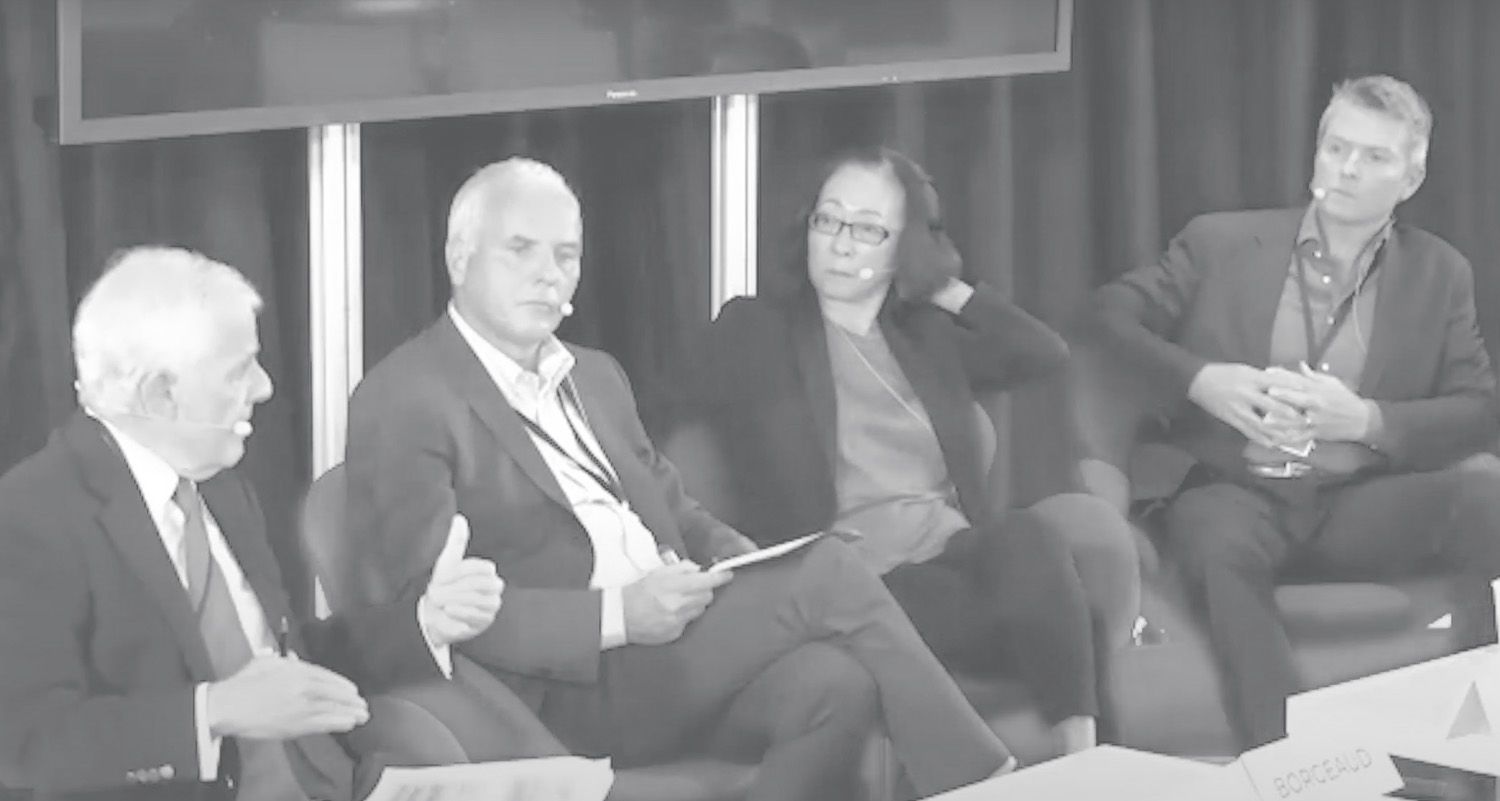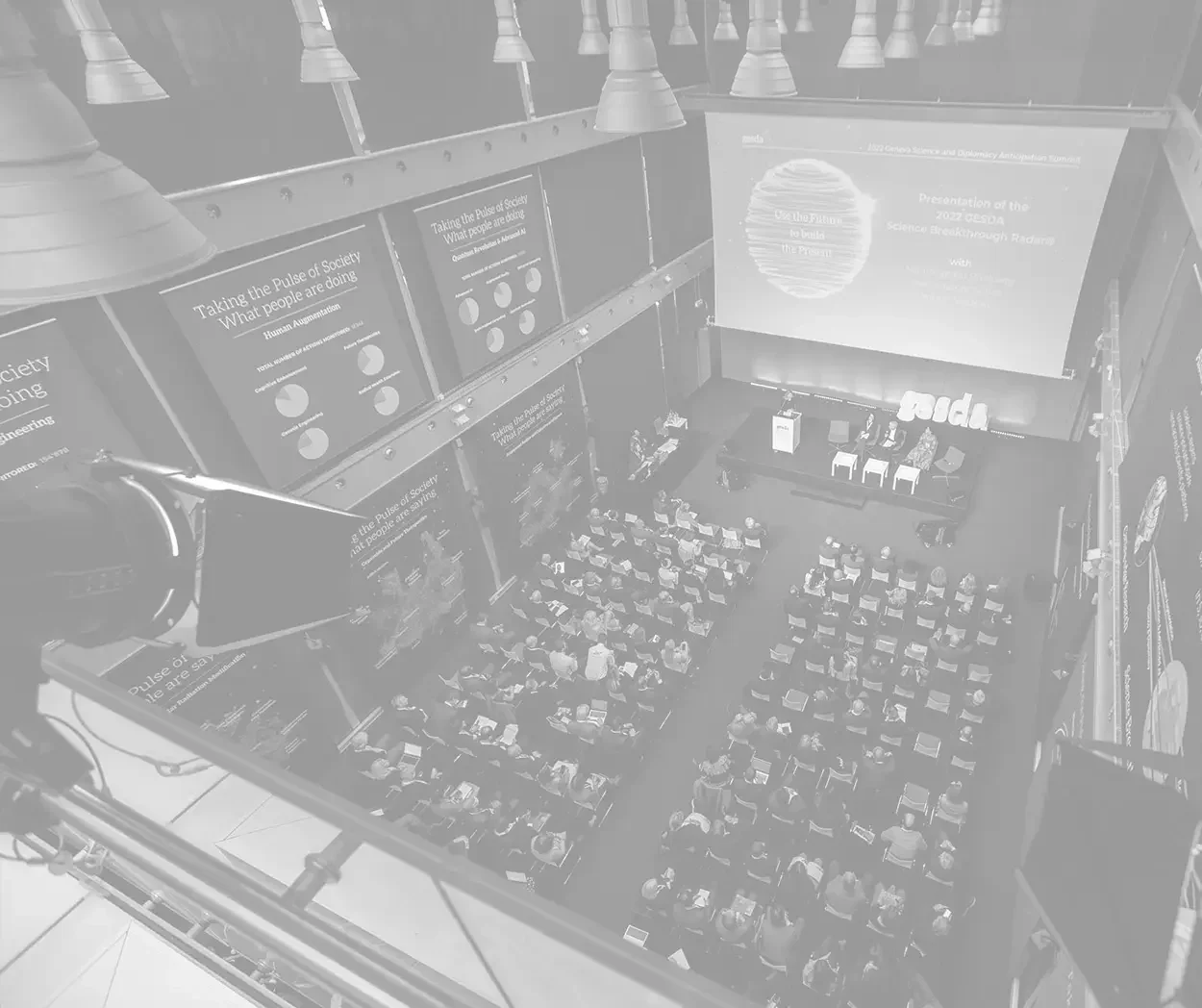Neil Davies is Director of the University of California’s Gump South Pacific Research Station on Moorea (French Polynesia), Research Affiliate at the Berkeley Institute for Data Science, and Vice President of Tetiaroa Society. Davies graduated in Zoology from the University of Oxford and has a PhD in Genetics from University College London. His research helped develop the field of biodiversity genomics by leading the first DNA sequencing of an entire tropical ecosystem and initiating a global network of genomic observatories. He is co-author of the book Biocode: The New Age of Genomics (Oxford University Press, 2015) and serves on the board of the Genomic Standards Consortium. With colleagues from the University of California, ETH Zurich, France’s CNRS, and Oxford University, Davies launched the Island Digital Ecosystem Avatar Consortium in 2013. The IDEA Consortium aims to build ‘digital twins’ of entire social-ecological ecosystems as a key step towards the collective intelligence needed for a healthy ocean and a sustainable planet. His recent research focuses on how these holistic computational models of place might promote social equity and environmental justice. Current projects leverage Tetiaroa Society’s “Blue Climate Initiative” and the Pacific Transect Collaborative’s “4Site” network to enhance science-community dialogue, extend social-ecological foresight, and explore innovations in open democracy at nested levels of governance.






